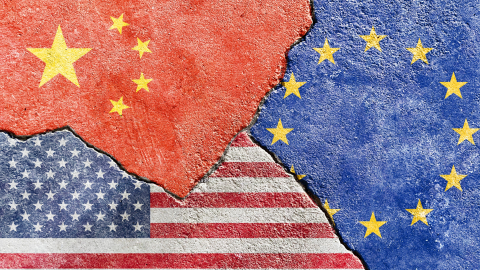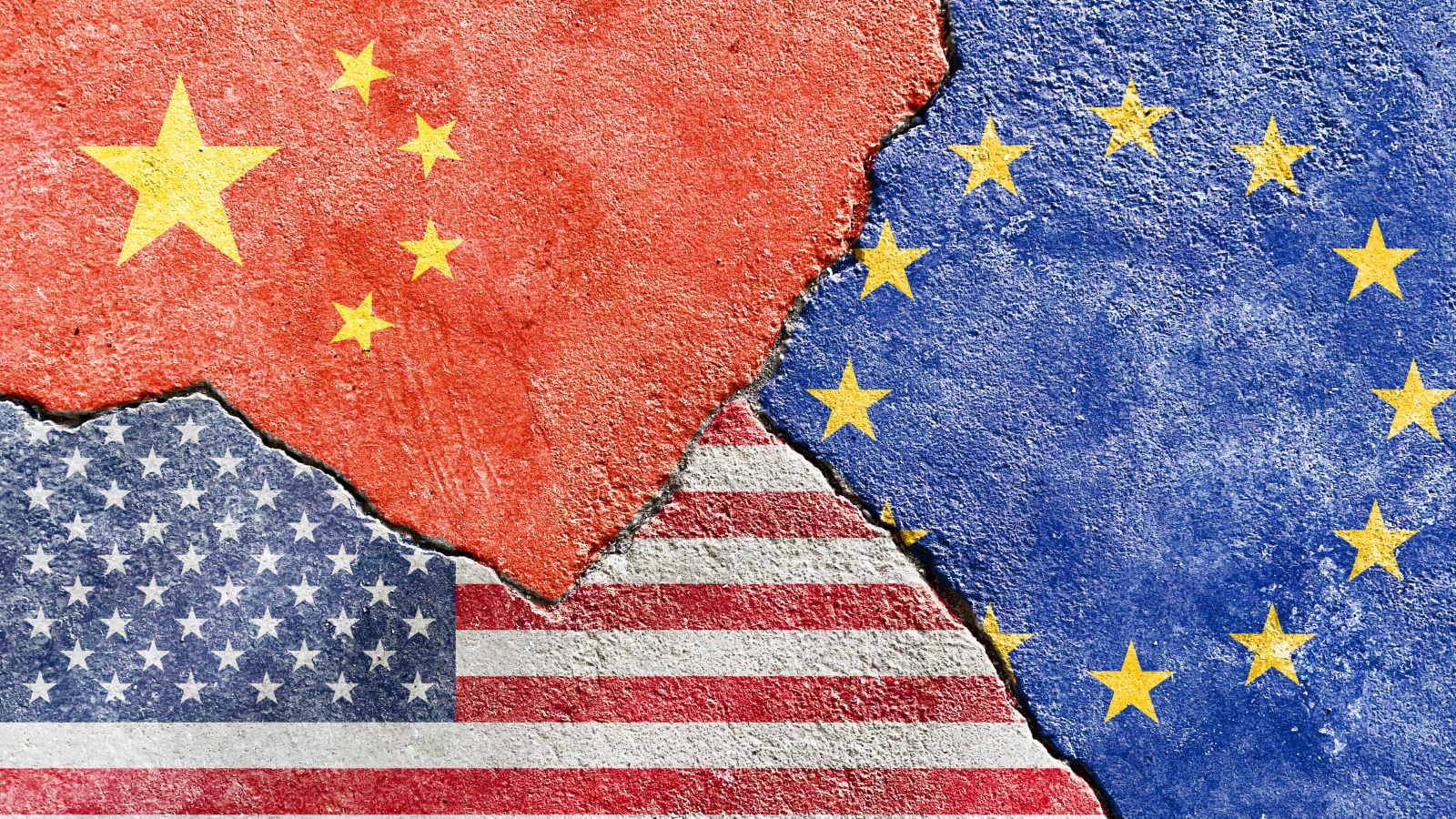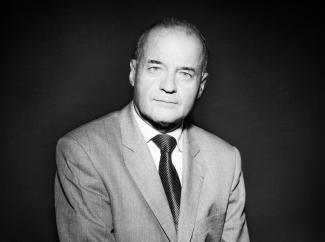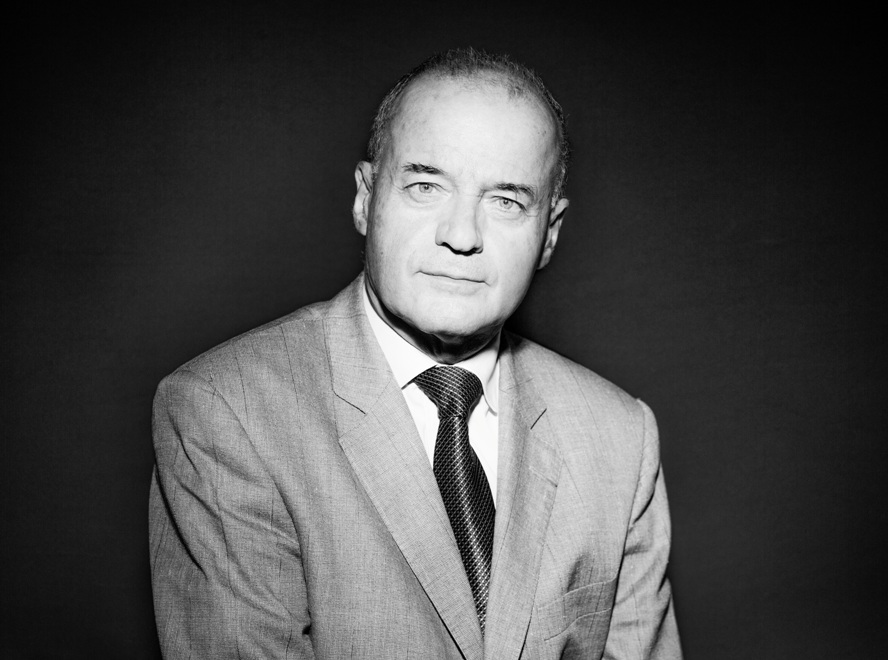The European Union in Competition with the United States and China. How to Balance Free Trade, Competitiveness and Economic Security?

Practical information
Accessibility
Themes and regions
Related centers and programs

As the geopolitical context has changed, so has the approach to international economic relations and the rules-based multilateral framework. Covid and Russia’s war against Ukraine have exposed the risks of extended supply chains and of having become dependent on a single supplier.
China’s lack of reciprocity in market access and its mercantilist state capitalism have led to a backlash in the United States. An already weakened WTO was hardly an obstacle to impose tariffs and offer massive subsidies to stay ahead in the race for technological leadership and advance the green transition through preferential treatment for US industry. The prospect of a new Trump administration confronts the European Union with additional challenges.
Why has Europe fallen so far behind in the global competition in advanced technologies? It has expanded its toolbox to defend itself against unfair competition and adopted an economic security strategy for strengthening competitiveness and mitigating risks. But is the flouting of the rules for fair trade and competition by others the main reason for Europe’s deteriorating productivity and competitiveness rather than its own policy failure ? And would the EU actually want or be able to copy the Chinese or US recipes of massive state support or deep capital markets with huge pools of venture capital ? What would be the risks for distorting competition and the internal market ? At the start of the new Commission the EU needs to address these issues to cope with the challenges arising from policies pursued by US, China and Russia.
Opening
Dominique David, President of the Austro-French Centre for Rapprochement in Europe, Advisor to the Executive Chairman of the French Institute of International Relations, Paris
Discussion
Thomas Wieser, Non-resident fellow, Bruegel, Brussels, former Chairman of Eurogroup working group
Natacha Valla, Member of the Board of Director, Institut Montaigne, Dean of Sciences Po’s School of Management and Innovation, Paris
Elvire Fabry, Senior Research Fellow, Jacques Delors Institute, Paris
Malorie Schaus, Research Fellow, Centre for European Policy Studies, Brussels
Chair: Dietmar Schweisgut, Secretary General of the Austro-French Centre for Rapprochement in Europe
Replay
Our partners
Speakers
Related Subjects
Other events

EV Supply Chains for Japan and Europe: Strengthening Economic Security
Economic security aims to ensure the resilience of supply chains for key industries: the case of electric vehicle production in Japan and Europe will be discussed.

From Ambition to Action: Exploring Technological Partnerships with India
The 16th EU-India Summit, held on January 27th in New Delhi with European leaders António Costa, Ursula von der Leyen, and Prime Minister Narendra Modi, marks a significant milestone in deepening EU-India relations. At the same time, official bilateral visits from EU member states are on the rise, including that of the French President, who visited India in February to participate in the Artificial Intelligence Summit. As India asserts its technological ambitions and seeks to reduce its dependence on China, Europe is stepping up its efforts to diversify its strategic partnerships.









